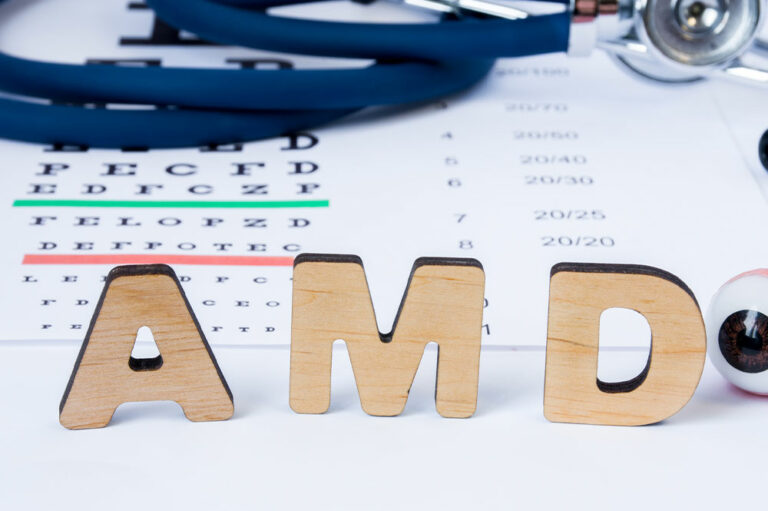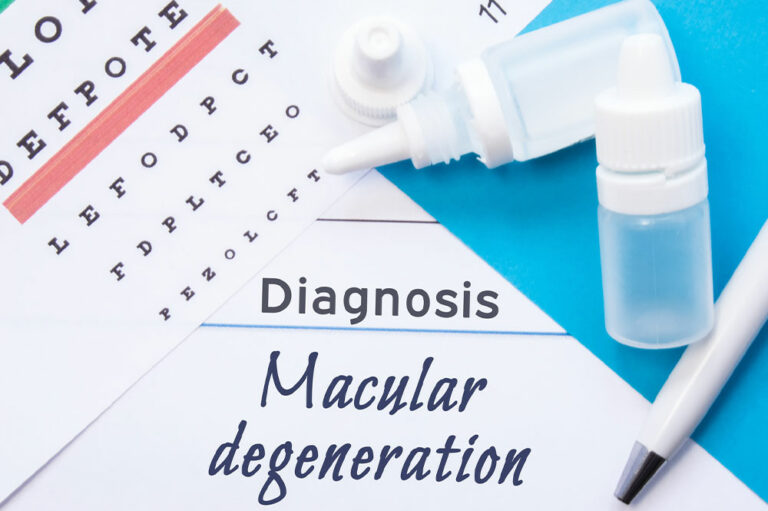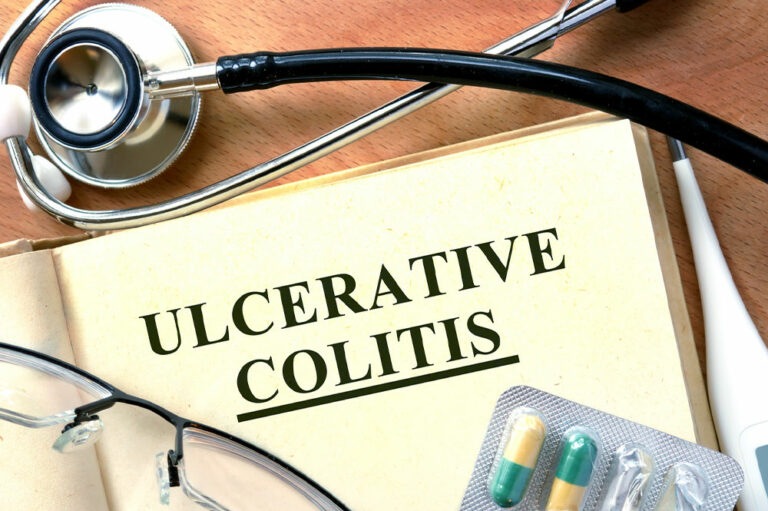Chronic kidney disease management – Things to know
The kidneys in the human body filter all the blood in about 30 minutes to remove wastes, excess fluid, and toxins. The organ also helps control blood pressure, boost red blood cell production, and keep the bones healthy. But an individual may develop chronic kidney disease (chronic kidney failure) – the gradual loss of kidney function. It will hamper the overall functionality of the organ and lead to severe health complications. Symptoms The indicators of chronic kidney disease develop over time if the damage occurs gradually. Losing kidney function may result in an alarming build-up of fluid, body waste, or electrolytes. The signs and symptoms of the condition may also be caused by other health conditions, making kidney disease difficult to diagnose. Moreover, since kidneys cannot recover from lost function, the individual may not develop symptoms until the disease reaches advanced stages. Based on the severity of the disease, a person who suffers from loss of kidney function may experience vomiting, nausea, loss of appetite, chest pain (if there is fluid build-up around the lining of the heart), weakness, fatigue, excessive or poor urination, sleeping difficulties, muscle cramps, itchy or dry skin, hypertension (high blood pressure) that is difficult to manage, shortness of breath (if there is a build-up of fluids in the lungs), swollen feet or ankles, and declined mental sharpness.
Read More 































